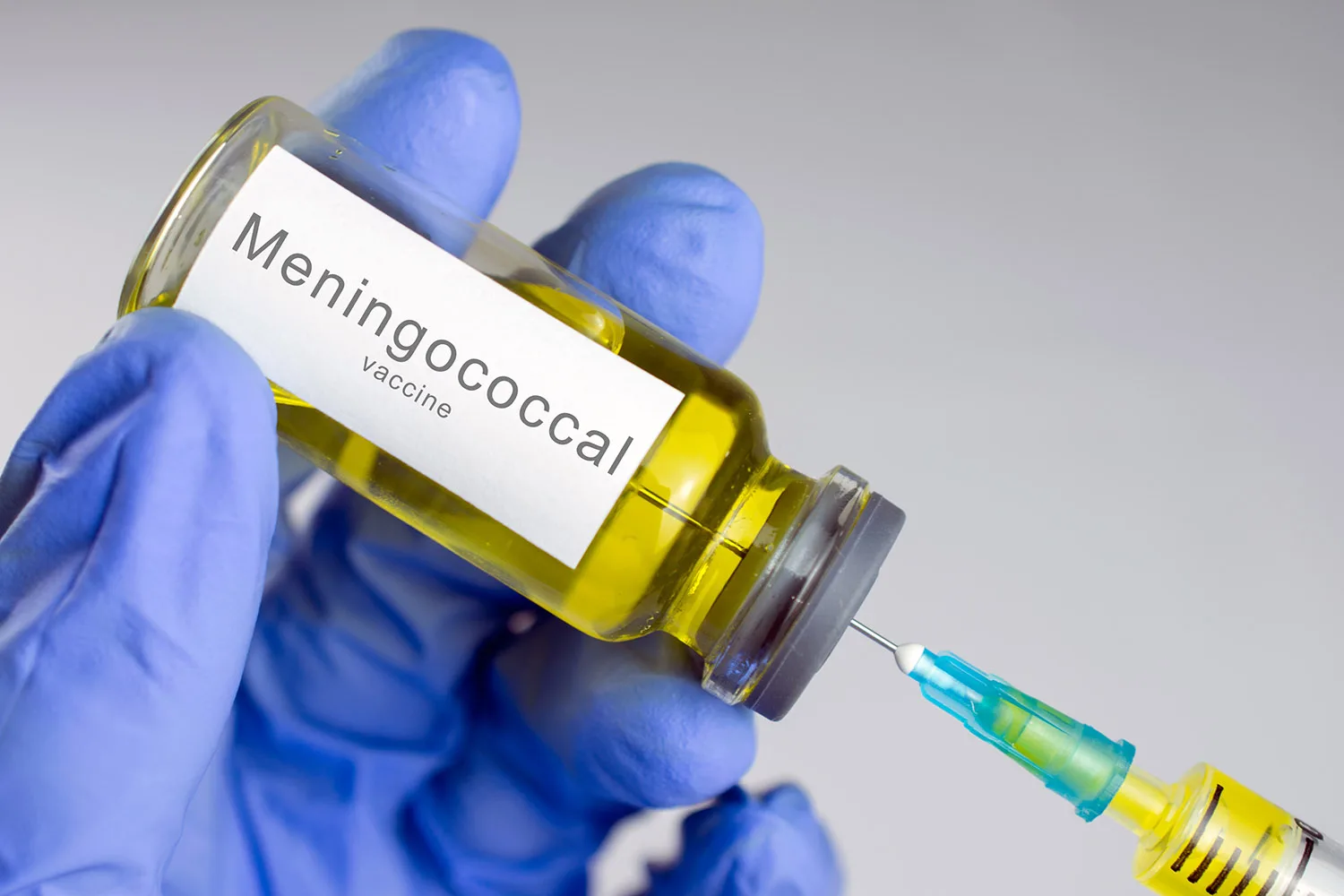Monoclonal antibodies are laboratory-produced molecules engineered to serve as substitute antibodies that can restore, enhance or mimic the immune system’s attack on cells. They can be designed to bind to specific proteins expressed on tumor cell surfaces, thus inhibiting the growth or survival of tumor cells. The increasing adoption of monoclonal antibodies for treatment of various cancers and other chronic diseases is propelling huge growth opportunities in the market.
The global Monoclonal Antibody Therapeutics Market is estimated to be valued at US$ 72.59 Bn in 2023 and is expected to exhibit a CAGR of 7.1% over the forecast period 2023 to 2030, as highlighted in a new report published by Coherent Market Insights.
Market key trends: The increasing adoption for cancer treatment has spurred tremendous growth within the Monoclonal Antibody Therapeutics Market. Monoclonal antibodies have revolutionized cancer treatment by allowing targeted delivery of cancer-killing drugs, radioisotopes, or cytokines directly to tumors while minimizing harmful impact on normal tissues. They cut off the blood and oxygen supply of cancer cells, stimulate immune system against cancer cells and carry cancer killing drugs directly into cancer cells. This targeted approach has improved overall survival and quality of life for cancer patients. With increasing prevalence of various cancers worldwide and rising demand for personalized medicine, monoclonal antibodies are becoming the standard of care for treatment of many cancers including Non-Hodgkin’s lymphoma, leukemia, bladder cancer, breast cancer etc. Their adoption is expected to further increase in the forecast period, driving substantial growth of this market.
SWOT Analysis
Strength: Monoclonal antibodies are highly specific and selective with minimal toxicity, which provide targeted treatment options for various diseases. They can treat different types of cancers and reduce adverse side effects compared to other therapies.
Weakness: High costs associated with R&D and production of monoclonal antibodies. Their large molecular size also hinders tumor penetration in certain cancers. Additional clinical trials are required for approval which increases the development timeline and costs.
Opportunity: Rising prevalence of chronic diseases worldwide and growing demand for targeted therapies present significant growth opportunities. Increasing adoption of monoclonal antibodies in new therapeutic areas like autoimmune diseases, transplant rejection, and infectious diseases.
Threats: Biosimilar competition once key drug patents expire pose a major threat. Stringent regulations for approval processes. Dependence on limited product manufacturers.
Key Takeaways
The global Monoclonal Antibody Therapeutics market is expected to witness high growth. Global Monoclonal Antibody Therapeutics Market Demand was valued at US$ 55.34 billion in 2020 and is anticipated to reach US$ 72.59 billion by 2024, registering a CAGR of 7.1% during the forecast period.
North America currently dominates the global market owing to favorable reimbursement policies, high healthcare spending, and early availability of advanced treatment options. However, the Asia Pacific region is likely to offer lucrative opportunities with increasing governmental focus on healthcare reforms and infrastructure development in major countries.
Key players operating in the Monoclonal Antibody Therapeutics market are IOI Loders Croklaan, Ghana Nuts Company Ltd., and The Savannah Fruits Company. These companies are focusing on expanding their product portfolios and geographic presence through mergers & acquisitions and partnerships with local players. Continuous innovations in manufacturing technologies are enabling significant cost reductions to address biosimilar competition.
*Note:
1. Source: Coherent Market Insights, Public sources, Desk research
2. We have leveraged AI tools to mine information and compile it




